QuestionMy cat Yin is a 14 year old Siamese. Recently her already serious preoccupation with grooming has taken a turn for what I fear is the worst. She cleans herself constantly even waking me during the night. She's cleaned herself of all the hair on the backs of both legs. I have checked her carefully of any fleas or mites(she does not go outdoors) and her skin does not seem dry. All other behaviors seem consistent. Her brother Yang does not show any similar issues. What could this be? What can I do? Please help if you can.
AnswerSusan,
Your cat is approximately 72 years old in human years and at that age they can develop any number of age related issues.
Compulsive over-grooming behavior is called Psychogenic Alopecia. Hair loss is generally on areas only accessible to the cat such as the abdomen, flank, back, chest, and legs. It is a way to reduce emotional tension due to psychological reasons such as stress, nervousness, fear or anxiety. It is more common in purebred cats of Oriental breeds. If a trial dose of steroids (talk to your vet) controls excess grooming, the condition is probably medical and not psychogenic in origin. The cat could be reacting emotionally to the confusing changes in her body. Clomipramine has been effective in controlling the signs of anxiety-related and obsessive-compulsive disorders in cats. The average maintenance dosage is 0.3 mg/kg once daily. You may wish to ask your vet about it.
First though I would suspect "Flea Dermitis". That is when a cat is allergic to the saliva of a flea and exhibits symptoms such as you describe. The cat can have only ONE flea to cause that reaction. I would try Advantage or Frontline Flea medication (get it from your vet) and see if that helps.
I would suggest finding a vet that specializes, or is knowledgeable, in geriatric cat care and their conditions. Not all vets do...which can be detrimental to an elderly cat. The cat(s) should have an "older cat checkup". They get checked on the function of his kidneys, thyroid, liver, etc., and probably bloodwork. These checkups should be done every six months or so when you have a geriatric cat. If caught early, some conditions can be treated with medication, especially pain medication for arthritis, which will ease any discomfort, and extend her quality of life.
Being prepared and knowledgeable about elderly cats will make things easier for the cats and for you. I am including some very good links about elderly cats for reference:
(Copy and paste, or type, the whole links into your address bar)
http://www.sniksnak.com/resources/geriatric.html
http://www.messybeast.com/towards-end.htm
http://www.2ndchance.info/oldcat.htm
I hope this helps.
Tabbi

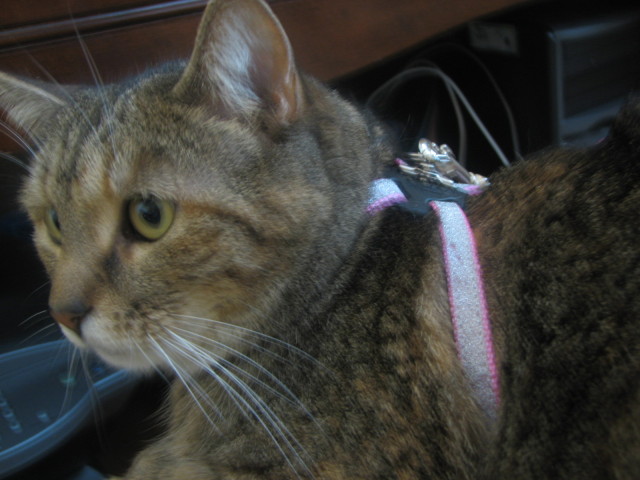 leash training-but being stubborn!
QuestionSTUBBORN CAT! HELP!
QUESTION: I have a c
leash training-but being stubborn!
QuestionSTUBBORN CAT! HELP!
QUESTION: I have a c
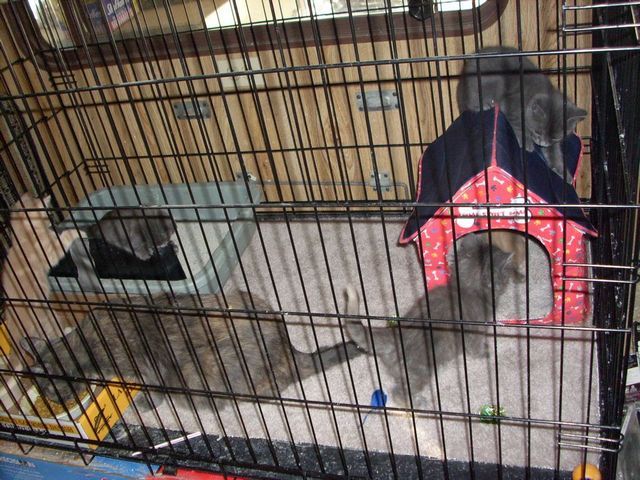 Male/female matter for new cat?
QuestionI have a 2 1/2 yr old male who is very affectio
Male/female matter for new cat?
QuestionI have a 2 1/2 yr old male who is very affectio
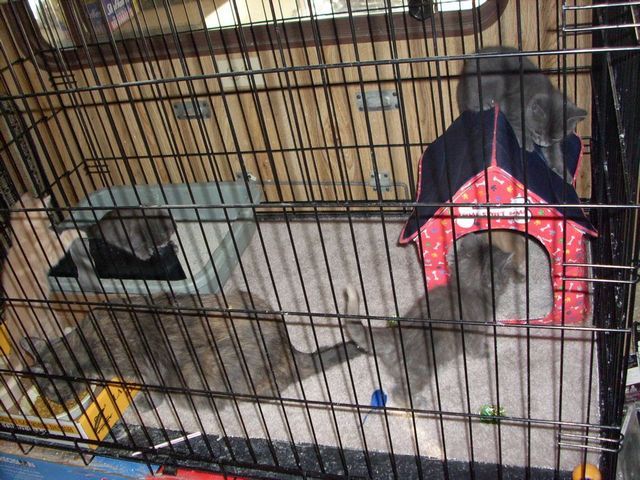 Introducing an adult cat to a resident kitten
QuestionHi Tabbi,
I have a 5 month old kitten that was
Introducing an adult cat to a resident kitten
QuestionHi Tabbi,
I have a 5 month old kitten that was
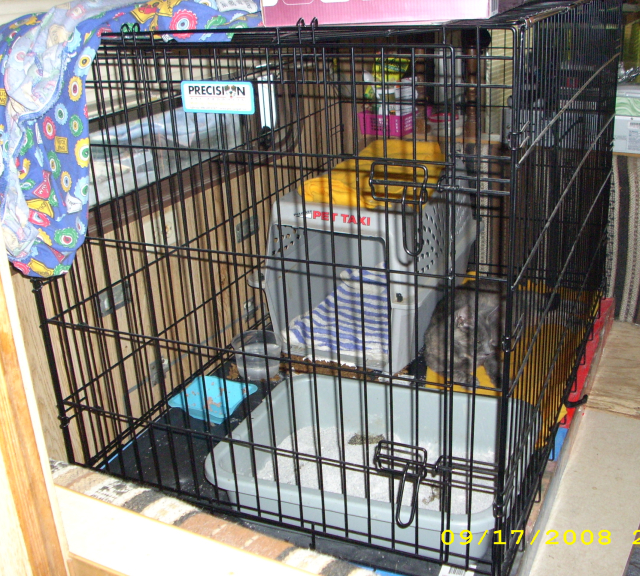 Assimilating a disabled cat into our home
QuestionDear Tabbi,
My husband and I share our home wit
Assimilating a disabled cat into our home
QuestionDear Tabbi,
My husband and I share our home wit
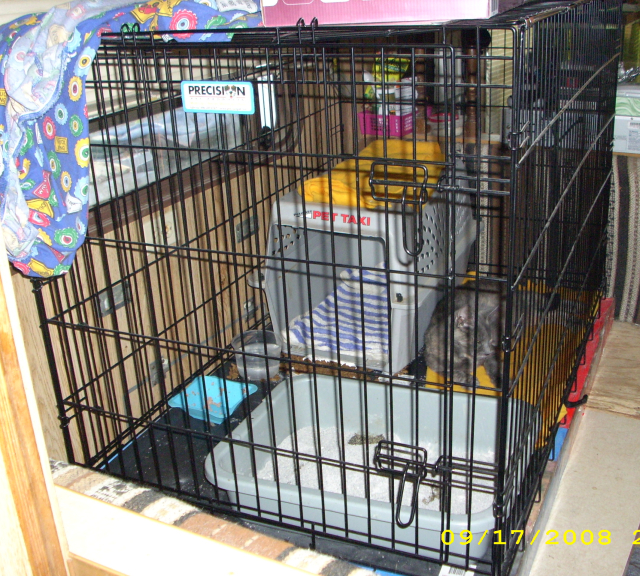 Cat cries when I am on computer
QuestionQUESTION: I have 3 devon rex; 2 male and 1 fema
Cat cries when I am on computer
QuestionQUESTION: I have 3 devon rex; 2 male and 1 fema